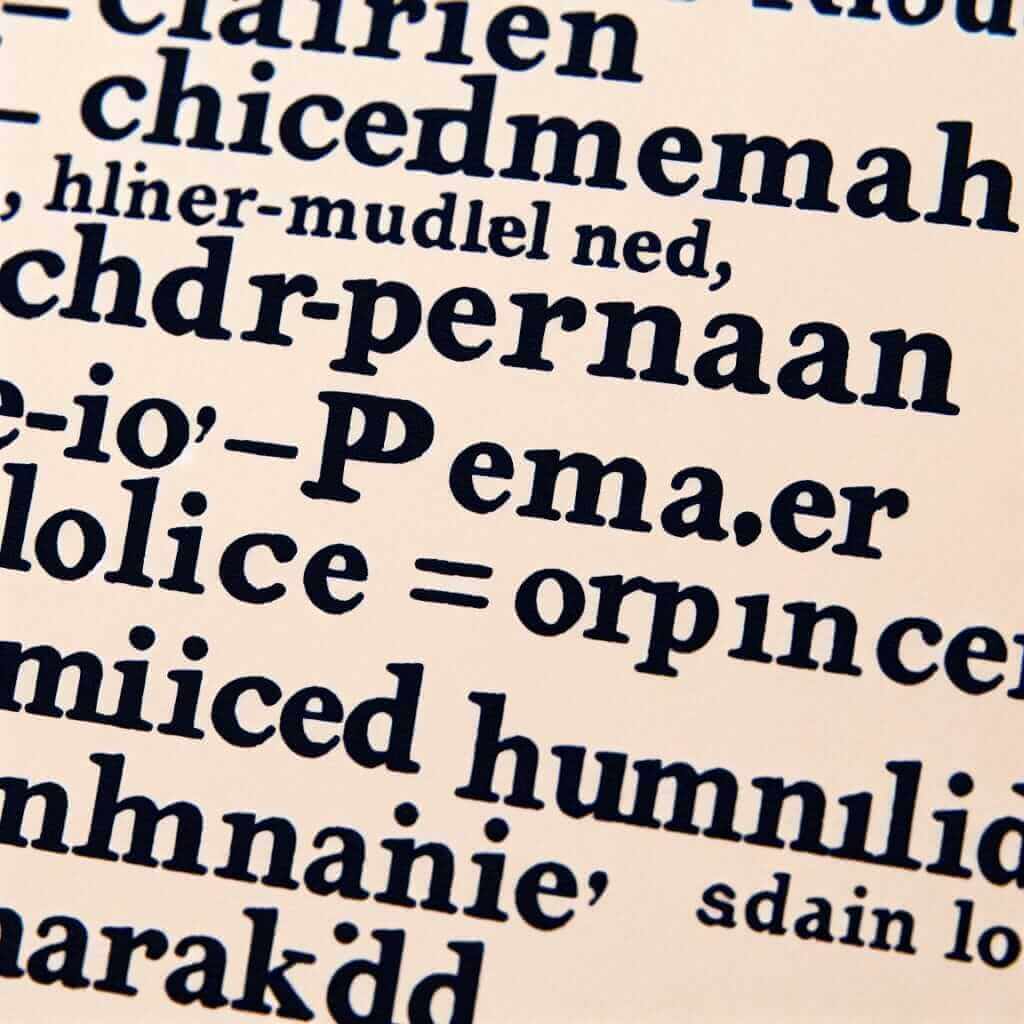The concept of “inclusive language” has gained significant traction in recent years, appearing frequently in IELTS Writing Task 2 prompts. This emphasis highlights its growing relevance in today’s increasingly interconnected world. Inclusive language promotes diversity, respect, and equality by using words and phrases that avoid exclusion or offense to particular individuals or groups. This essay will delve into the significance of inclusive language, examining its impact on individuals and society as a whole.
Here are some potential IELTS Writing Task 2 questions related to this topic:
- Some people believe that using inclusive language is crucial for creating a respectful and tolerant society. Others argue that it is unnecessary and even harmful to freedom of speech. Discuss both views and give your opinion.
- The use of inclusive language is becoming increasingly common in workplaces and educational institutions. To what extent do you think this trend is positive?
- Many people argue that language is constantly evolving, and we should not be overly concerned with using politically correct terms. Do you agree or disagree?
Analyzing an IELTS Writing Task 2 Question
Let’s choose the first question for our sample essay:
Some people believe that using inclusive language is crucial for creating a respectful and tolerant society. Others argue that it is unnecessary and even harmful to freedom of speech. Discuss both views and give your opinion.
This question requires us to present a balanced discussion, acknowledging both sides of the argument before presenting our own viewpoint. We need to provide clear examples to support our claims and ensure a cohesive and logical flow of ideas.
Sample Essay
In an era defined by globalization and interconnectedness, the language we use carries more weight than ever before. While some contend that inclusive language is paramount to fostering respect and tolerance within society, others posit that it represents an unnecessary constraint on free speech. This essay will delve into both perspectives before concluding that while freedom of expression is essential, employing inclusive language is vital for building a truly equitable and harmonious world.
Proponents of unrestricted language use argue that any attempt to control language is tantamount to censorship. They assert that individuals should have the right to express themselves without fear of causing offense, even if their words might be deemed insensitive by some. For instance, they argue that using gendered language, such as “fireman” or “policeman,” is simply a reflection of tradition and should not be misconstrued as a deliberate attempt to exclude women. However, this perspective fails to acknowledge the potential harm that non-inclusive language can inflict. When certain groups are consistently excluded or stereotyped through language, it reinforces existing prejudices and creates barriers to their full participation in society.

Conversely, advocates for inclusive language emphasize its power to shape perceptions and behaviors. By using language that acknowledges and respects the diversity of human experience, we create a more welcoming and inclusive environment for everyone. For example, opting for gender-neutral terms like “firefighter” or “police officer” not only accurately reflects the presence of women in these professions but also challenges traditional gender roles, ultimately promoting greater equality. Furthermore, using person-first language when discussing individuals with disabilities, such as “person with autism” instead of “autistic person,” emphasizes their humanity rather than defining them solely by their disability.
In conclusion, while freedom of speech is a fundamental right, it should not come at the expense of creating a respectful and inclusive society. Inclusive language, far from being a form of censorship, is a powerful tool for fostering understanding, challenging prejudices, and ensuring that everyone feels valued and respected. By embracing a language that celebrates diversity, we pave the way for a more just and equitable world. (Word Count: 322)
Writing Tips
- Use clear definitions: In the introduction, clearly define what you mean by “inclusive language.”
- Provide concrete examples: Support your arguments with specific examples of inclusive and non-inclusive language.
- Acknowledge the opposing viewpoint: Show that you understand the arguments against inclusive language before presenting your own opinion.
- Use transition words and phrases: Ensure a smooth flow of ideas by using appropriate transition words (e.g., however, conversely, furthermore).
- Proofread carefully: Check for any grammatical or spelling errors before submitting your essay.
Vocabulary
- Paramount: (adjective) /ˈpær.ə.maʊnt/ – more important than anything else; supreme.
- Tantamount: (adjective) /ˈtæn.tə.maʊnt/ – equivalent in seriousness to; virtually the same as.
- Insensitive: (adjective) /ɪnˈsen.sɪ.tɪv/ – showing or feeling no concern for others’ feelings.
- Prejudice: (noun) /ˈpredʒ.ə.dɪs/ – preconceived opinion that is not based on reason or actual experience.
- Stereotype: (noun) /ˈster.i.ə.taɪp/ – a widely held but fixed and oversimplified image or idea of a particular type of person or thing.
- Gender-neutral: (adjective) /ˈdʒen.dər ˈnuː.trəl/ – suitable for, applicable to, or common to both male and female genders.
- Person-first language: (noun) – a way of speaking or writing that puts the person before the disability.
Conclusion
The importance of inclusive language in contemporary society cannot be overstated. It is a topic likely to appear in various forms on the IELTS exam. By understanding the arguments for and against its use and being able to articulate your own viewpoint effectively, you can significantly enhance your IELTS writing score. Remember to practice writing essays on similar topics, expand your vocabulary, and focus on expressing your ideas clearly and persuasively.